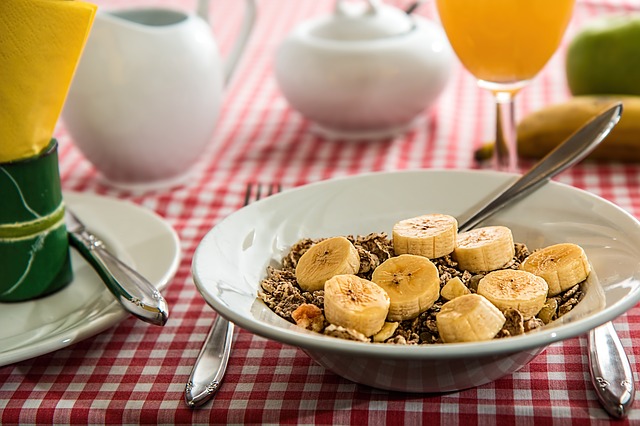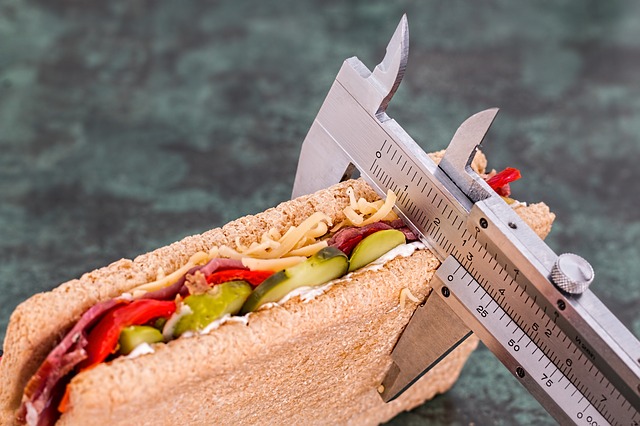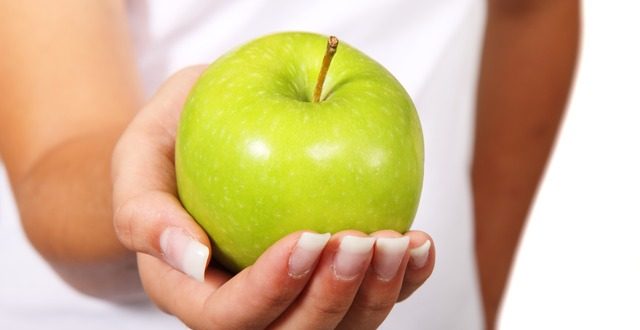This post was a collaboration and may contain affiliate links. For some people, changing their diet is about improving their health and losing weight. For others, it may be a matter of life or death because of active disease in their bodies. No matter what your reasons, you need to first consult your physician and do some research. Your health and safety should always be your #1 priority. Here are 4 major considerations when changing your diet.
Major Considerations When Changing Your Diet #1: Sugar Content
 First of all, you need to think about the sugar content of the food you consume each day. Excessive sugar intake can lead to stored fat, blood sugar issues, and even cognitive problems. You also need to know that too much sugar can cause fluctuations in your chemical balance and your mood. You get an energy spike from the sugar and crash a little later. Your body then craves more sugar. It’s a vicious cycle not easily broken.
First of all, you need to think about the sugar content of the food you consume each day. Excessive sugar intake can lead to stored fat, blood sugar issues, and even cognitive problems. You also need to know that too much sugar can cause fluctuations in your chemical balance and your mood. You get an energy spike from the sugar and crash a little later. Your body then craves more sugar. It’s a vicious cycle not easily broken.
Definitely cut out or limit all processed sugars and opt for natural sweet choices like fruit or organic maple syrup. And, don’t forget to read the labels of everything you and your family eats. Sugar hides in most all pre-packaged foods.
Major Considerations When Changing Your Diet #2: Fiber Content
 Fiber is massively important to digestion and overall health. It affects how your body processes and handles the food you eat. If you don’t eat enough of it, your digestive health is at stake. With diseases like IBS, Crohn’s, Colon Cancer, Colitis and others on the rise, you need to do what you can to create a healthy environment in your gut. Some high fiber foods include broccoli, split peas, flax, lentils, raspberries, and oatmeal. As an adult woman, try to get around 25 grams of fiber a day. If you are over 50, go for about 21 grams.
Fiber is massively important to digestion and overall health. It affects how your body processes and handles the food you eat. If you don’t eat enough of it, your digestive health is at stake. With diseases like IBS, Crohn’s, Colon Cancer, Colitis and others on the rise, you need to do what you can to create a healthy environment in your gut. Some high fiber foods include broccoli, split peas, flax, lentils, raspberries, and oatmeal. As an adult woman, try to get around 25 grams of fiber a day. If you are over 50, go for about 21 grams.
Major Considerations When Changing Your Diet #3: Existing Conditions
 If you have any existing health problems, these will have to be taken into account as you formulate your new diet. It’s a good idea to talk to your doctor about this issue before you go any further. He or she should inform you of any specific dietary needs you have or any possible interactions with medications. Don’t just rely on the internet to tell you the facts. There are unreliable sources out there and are often difficult to separate from the credible ones.
If you have any existing health problems, these will have to be taken into account as you formulate your new diet. It’s a good idea to talk to your doctor about this issue before you go any further. He or she should inform you of any specific dietary needs you have or any possible interactions with medications. Don’t just rely on the internet to tell you the facts. There are unreliable sources out there and are often difficult to separate from the credible ones.
Major Considerations When Changing Your Diet #4: Calories
 The number of calories in your daily diet affects your energy levels as well as your weight. There is a way to calculate exactly how many calories you need based on your present condition. It helps to know approximately how many calories you burn in a 24 hr period. The average woman between the ages of 31 and 50 normally burns between 1,800 to 2,200 calories a day, depending on how active she is. Take this into consideration when developing a plan. If you burn more than you take in, you should normally lose weight. Obviously, if you eat more than you burn, you will gain weight. Also, consider the dangers of undereating are just as serious as the dangers of overeating.
The number of calories in your daily diet affects your energy levels as well as your weight. There is a way to calculate exactly how many calories you need based on your present condition. It helps to know approximately how many calories you burn in a 24 hr period. The average woman between the ages of 31 and 50 normally burns between 1,800 to 2,200 calories a day, depending on how active she is. Take this into consideration when developing a plan. If you burn more than you take in, you should normally lose weight. Obviously, if you eat more than you burn, you will gain weight. Also, consider the dangers of undereating are just as serious as the dangers of overeating.
**** This post is strictly informational and is not meant to replace the advice of your health care provider. Women’s lifelink, it’s owners, administrators, contributors, affiliates, vendors, authors and editors do not claim that this information will diagnose, treat, or improve any condition or disease.
 Women's Life Link Be Well, Be Happy, Be YOU!
Women's Life Link Be Well, Be Happy, Be YOU!





